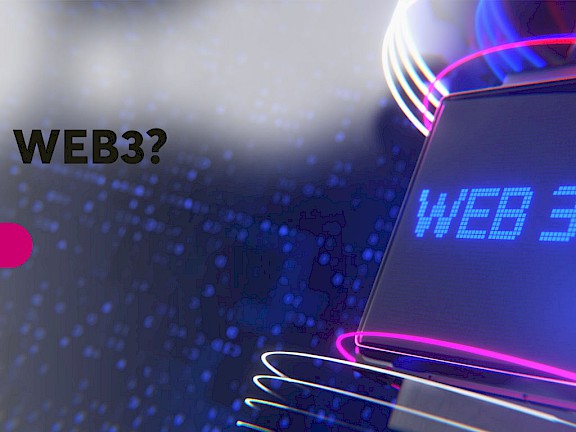The functions of Web3 are currently used mainly by those interested in NFTs and users of decentralized financial markets. After all, Web3 is what makes the whole crypto space possible in the first place. For example, cryptocurrencies are stored in a crypto wallet. A wallet is basically an "account" to which the coins move after their purchase and from which, one can manage Bitcoin, Ethereum, or Litecoin, for example. These "wallets" have a unique ID and can thus be precisely assigned to one specific user – they belong to them and not to any Internet platform.
But in the future, Web3 could and should provide the opportunity to build up alternatives to the big platforms such as Facebook or Google. The "third Internet generation" can serve as a neutral basis for messengers, social media, or blogs. Internet users can use these platforms without having to worry about companies selling their data. This independence from the Internet giants like Meta or Google creates new opportunities in the digital world – for companies as well. For example, it opens up room for countless new ideas for IT and tech companies, but also for marketing: What might "free influencers" look like, who are no longer platform-bound and what about the future of advertising?



